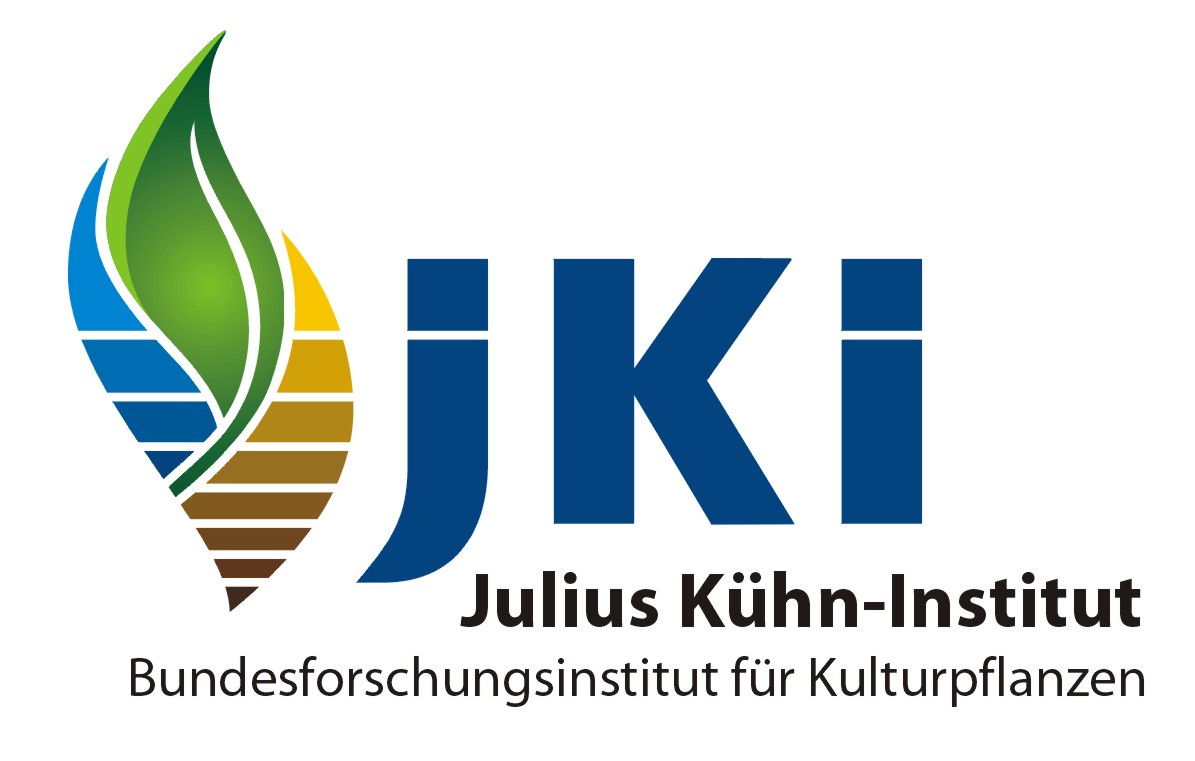electronic ISSN 2700-8711
Impact Factor (2022): 2.3
Scopus Cite Score (2022): 2.8
Editors-in-Chief
Dr. Elke Bloem
Julius Kühn Institute
Institute for Crop and Soil Science
Dr. Til Feike
Julius Kühn Institute
Institute for Strategies and Technology Assessment



